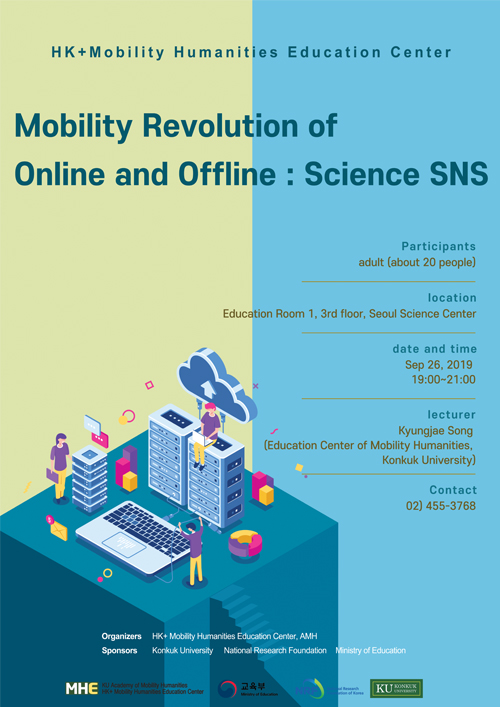Progress in mobile technology and transportation, along with the related migration and movement of people and goods, and computers, as well as information and capital, are common phenomena in today’s society. Given the rapid pace of advancements in information and communication technology (ICT) and transportation, human mobility is likely to continue improving in the future. With ICT advancements, the value of “information goods” is increasing compared to traditional “material goods,” and mobility in society is shifting its focus towards information goods. Media in Rome: Through the decline of letters and written communication in the Middle Ages, followed by the revolutionary invention of the Gutenberg printing press, which drastically changed how information moved, modern democratic revolutions started in newspapers and pamphlets. In a society where offline and online worlds blend, the importance of information will only grow. In the long run, societies prioritising wise information consumption are anticipated to emerge. However, it is essential to recognise the challenges brought by the swift flow of online information and the need for people to discern between accurate and misleading information online.

- Humanities for Happiness
- Off line
Mobility Revolution of Online and Offline: Science SNS
Lecture Information
- Date2019-09-26
- LocationSeoul Science Center
Instructor
Kyungjae Song Ph. D. political science, Kyung Hee University. Former advisory board member in Eduin, Ministry of Education/ Korea Communications Standards Commission/ Ministry of Culture, Media Policy Forum, K-MOOC management/ Former Research Fellow in Local Press Commission. Currently, advisory board member in National Election Commission and research professor in Kyung Hee Institute for Human Society (conducting research and teaching in fields such as political process, election campaign analysis, internet politics, cosmopolitan civic education, social media/political communication, social science methodology, governance and social capital).

